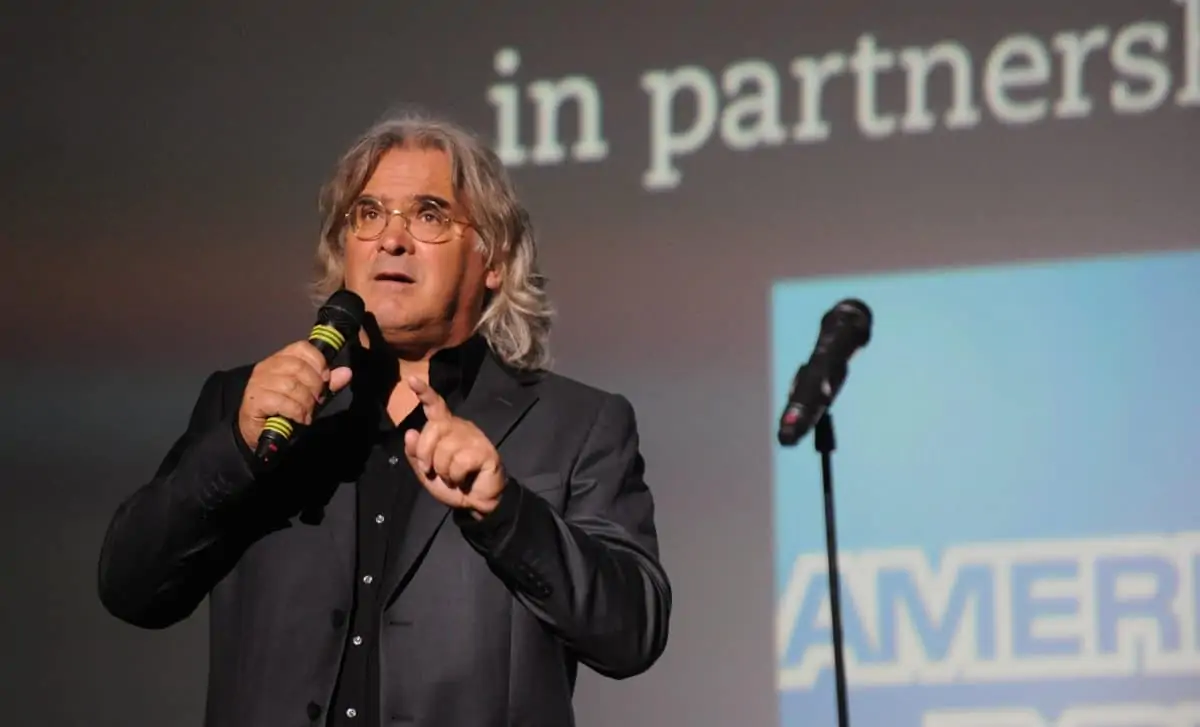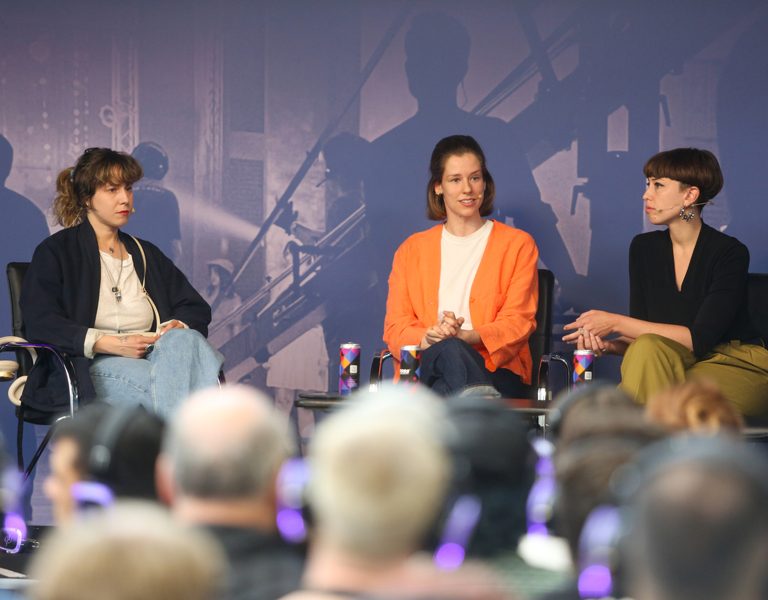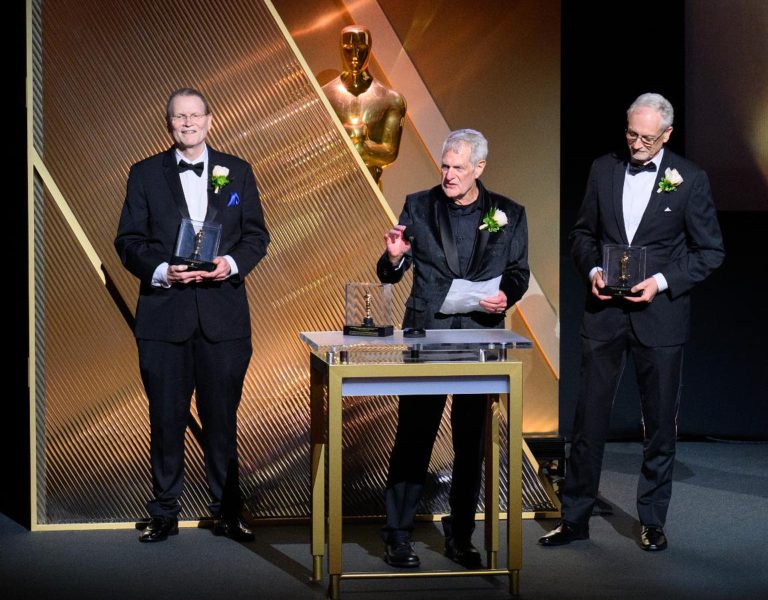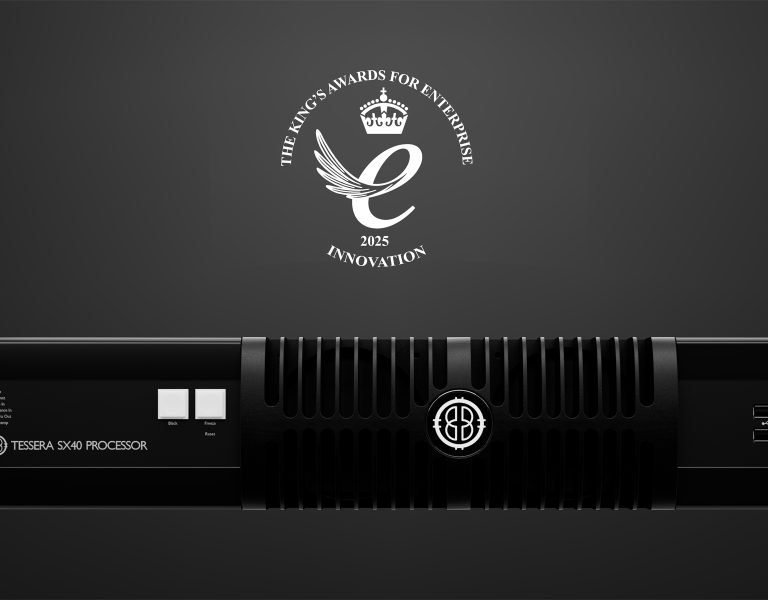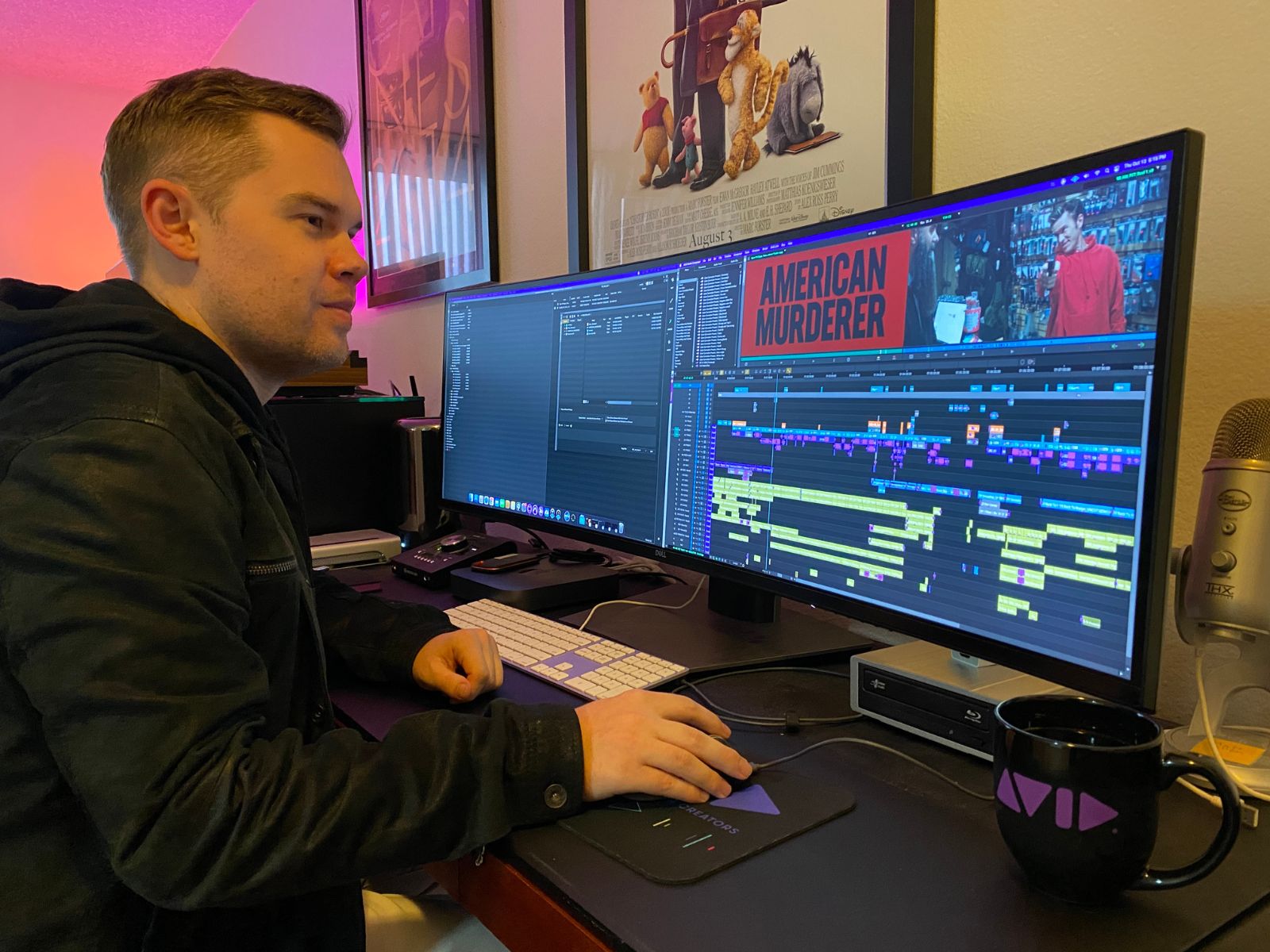
Eric Zumbrunnen was a beloved and innovative editor best known for his work over a 23-year collaboration with Spike Jonze (Being John Malkovich, Adaptation, Where the Wild Things Are, Her) who tragically passed away in 2017 at the age of 52. In addition to an exhilarating body of work in all forms, including music videos, shorts, commercials, documentaries and features, Zumbrunnen left behind a wide circle of bereft family, friends, colleagues and admirers who were determined to find a way to extend his legacy.
The Eric Zumbrunnen Fellowship is a direct result. The fellowship is not a grant or a scholarship, but rather an amalgamation of state-of-the-art tools, hands-on opportunities and access to the wisdom, mentorship and connections of those who called Zumbrunnen a friend. Among the contributors are the American Cinema Editors, Adobe, Avid, Media Arts Lab, and PIX, the secure media collaboration platform used on many high-end features and television. The package goes to a promising editor currently working towards the editor’s chair.
Part of the application is a detailed plan for how the applicant would use the resources. Matt Allen, a working assistant and AFI grad, received the honour in 2020, and used the boost to edit his first feature, American Murderer, which recently premiered in Italy at the Taormina Film Festival.

“It’s been a cool journey, to go from AFI to assisting on big studio features, getting the Zumbrunnen Fellowship and cutting my first feature,” says Allen. “Having PIX gave us the ability to share cuts and other info, and it was a big game-changer for me. Through the fellowship, I also had the opportunity to meet all these amazing editors, and PIX was instrumental in facilitating that mentorship. They would watch and give feedback, all through PIX, which allowed them to be really generous with their time and knowledge, even though most of them are working constantly. Of course, they are all familiar with the system, so it was just a matter of getting an introduction. I’ve gone on to become friends with people like ACE president Kevin Tent, as well as Debbie Berman (Black Panther), Tom Cross (La La Land) and Elliot Graham (Milk, No Time to Die).”
American Murderer is based on the true story of a charismatic conman. The director was Matthew Gentile, and the director of photography was Kalilah Robinson. The film stars Tom Pelphrey (Ozark), Ryan Phillippe and Idina Menzel. Coming into the project, Allen was familiar with PIX from his work as assistant editor on studio features, especially Christopher Robin, but the system that came with the fellowship included administrator capabilities and a thorough demo. Of course, remote communication was especially handy during the pandemic. PIX’s industry standard security features were also helpful.
“We did several virtual screenings using PIX, and the platform allowed us to keep the film secure while getting audience feedback during COVID,” says Allen. “We couldn’t rent a theatre, but we could send it to our esteemed colleagues without worrying about it. Also, you could see who watched it – something the director really appreciated when evaluating feedback.”

This year, Fred Brown II became the latest Eric Zumbrunnen fellow. A native of Chicago, Brown studied editing at Columbia College while working on local productions. Since moving to Los Angeles, his credits as an assistant include Mindhunter, The Walking Dead, and Resident Evil.
“When I first arrived, I applied to ACE’s Student Internship Programme, which included a panel of editors and a list of their contact info,” he says. “I needed to learn and meet people, so I needed that access. I pestered them with questions like, ‘What is a union?’ I knew nothing! Eventually I got a union TV show [No Activity for CBS All Access] and I started meeting more people and building relationships.
“I’m a big fan of Eric Zumbrunnen’s movies – his films with Spike Jonze are some of my favourites,” says Brown. “So when I heard about the fellowship, I applied. I’m hoping for the opportunity to learn by watching some of these very talented people do their work.”
Meanwhile, Brown is interviewing for feature editing jobs and getting the hang of his new equipment, including a MacBook, and software. He was already familiar with PIX, having used it on No Activity, his first union gig.
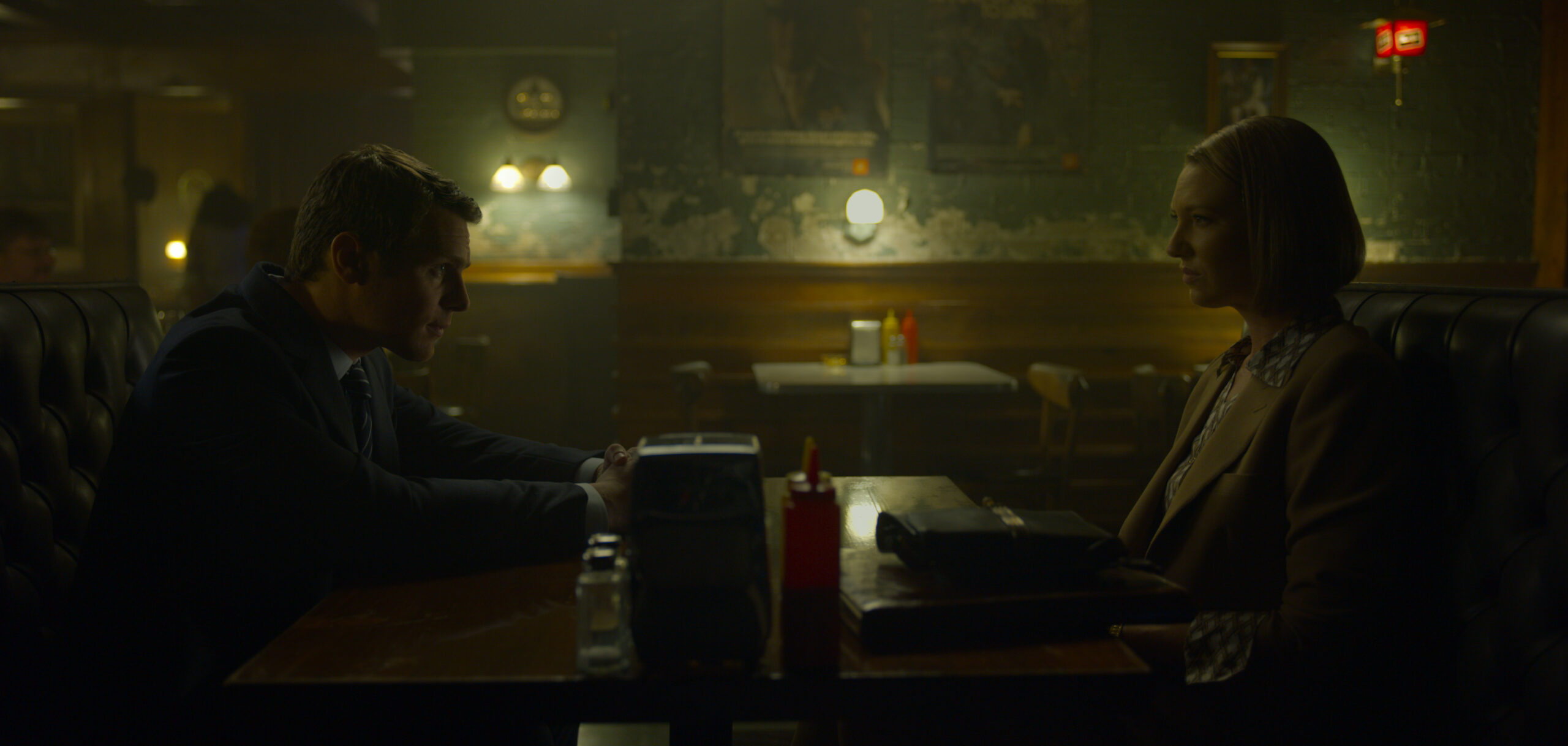
“It seems like every show, every movie, uses PIX,” he says. “It’s a super collaborative way to share cuts with whomever needs to see them. You can organize it in any way that fits you and your production. As gatekeeper, I can set it up and invite people to my projects within the overall system, and I intend to have three or four projects on it over the course of this year. It signals to people that you are a professional. I’ve been using it since 2017, and I got a lot of experience on it when I was working on Season 2 of Mindhunter. David Fincher made extensive use of PIX, and it was an education to see. He’s famous for shooting a lot of takes, so sometimes there would be 50 or 60 reads of a particular line, all set up in succession. He’d be making comments on PIX about the previous day’s selects – colour comments, VFX comments – and still directing at the same time.
“Until then, I had no idea PIX could do so many beneficial things, even through the entire post process,” says Brown. “A PIX engineer was on hand, coding in new versions to give us more capabilities. It was evolving as we were using it!”
Brown is also a proficient trumpet player – a nice coincidence given that Zumbrunnen was also a musician. Given the top-shelf tools that the fellowship provides, along with the access to accumulated wisdom of the American Cinema Editors, it’s exciting to think of the great work that Brown, Allen and the fellowship’s other beneficiaries will produce going forward.

